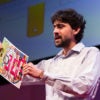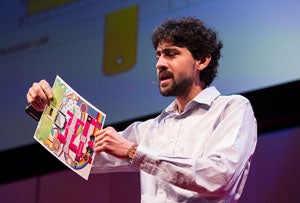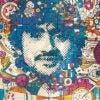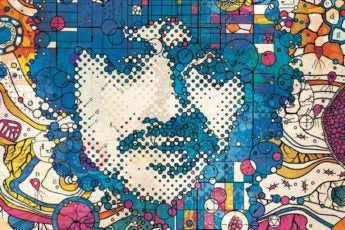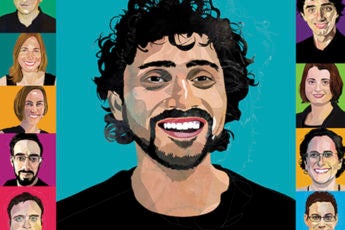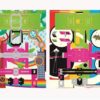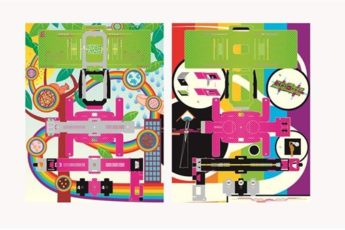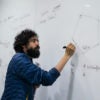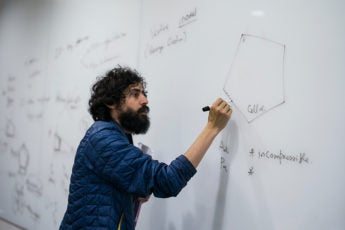Manu Prakash examines problems in biological sciences through the lens of physics. As part of that he has developed a folding paper microscope costing less than a dollar and distributed it to people worldwide studying issues in their community. His other work involves things as diverse as the physics of water droplets and disassembled music boxes to insect flight.
Of his often whimsical approach to science and plans for the award, Prakash said, “I’ve done science the way I’ve wanted to do science. Sometimes it’s hard to convince others that we are taking the right approach.”
“This award gives me the flexibility to not think about those bounds,” he said.
Foldscope Images
The Prakash lab has distributed a one dollar folding paper microscope, called the Foldscope, to more than 50,000 people in 135 countries who use the tool for research and education. These are a few of the many images people from around the world have taken while studying everything from diseases in bees to detecting cervical cancer.
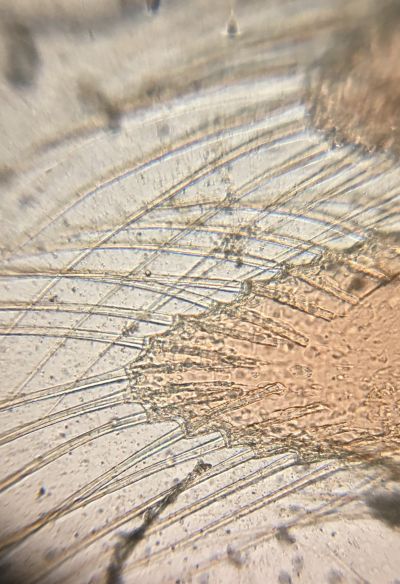
Image credit: DAMONTIGHE / Microcosmos

Image credit: Avinash / Microcosmos

Image credit: Crea / Microcosmos

Image credit: Yamini Undurthi / Microcosmos

Image credit: Christina / Microcosmos

Image credit: Manu Prakash / Microcosmos
Diverse Interests
Prakash’s work ranges from microscopy and insects to water droplets and chemistry. The unifying feature is a compulsive curiosity and focus on low cost solutions for human health.
Media Contacts
Amy Adams, University Communications: (650) 796-3695, amyadams@stanford.edu

